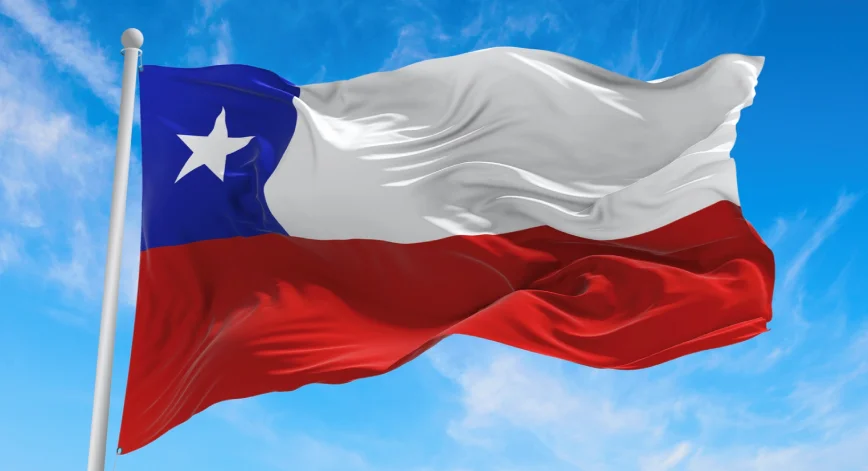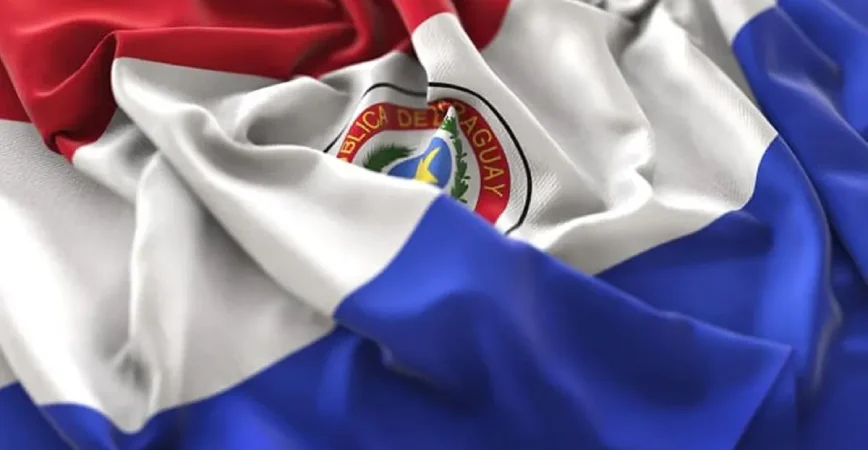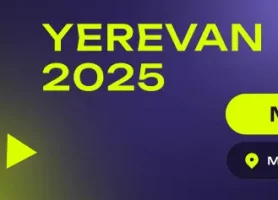Bragg Gaming receives financing and more
Bragg Gaming Receives $8.7M in Financing from Lind Global Fund II
Bragg Gaming has entered into an $8.7 million funding agreement from Lind Global Fund II, an American investment organization.
The funds will be used to implement the company’s growth and expansion initiatives.
However, as part of the funding agreement, there will be a cap on how much Bragg Gaming can convert each month – 1/20 of the total funds per month.
Bragg CEO Yaniv Sherman said, “The focus on expanding our own content development capabilities and our continued expansion into new regulated iGaming markets, including North America, has resulted in a significant increase in the company’s revenue as well as increased margins, resulting in strong EBITDA growth.”
Sherman was named CEO of Bragg Gaming in June after years with 888 Holdings.
Lawsuit filed against eight online bookmakers in Chile

The Seventh Guarantee Court of Santiago accepted a lawsuit filed by the Foundation for Gamblers Under Treatment for Gambling Addiction against eight online bookmakers.
According to the Chilean newspaper El Mercurio, the lawsuit was filed against online operators Betway, Rojabet, Betano, Mi Casino, Jackpotcity, Play online, Betsson and Coolbet. All of them are accused of “committing a crime related to the exploitation and illegal management of gambling.”
The plaintiff also requested that Pablo Milad, president of Chile’s National Association of Professional Football (ANFP), who facilitated the agreement between his organization and Betsson, be subpoenaed to testify.
Fernando Felicevic, the players’ representative and partner of the company that mediated the sponsorship agreement between betting company Betano and the Universidad de Chile football club, is also being called to testify in court.
Recall that in Chile a draft law on the legalization of online gambling has been prepared. According to the content of the document, it is proposed to establish a tax of 20% for online operators on gross gambling revenue. 50 million pesos from tax revenues will be used to finance social projects.
Operators will also have to spend at least 1% of their annual gross revenue on activities that promote responsible gaming.
The annual license fee for operators with a general license relating to all types of gambling is proposed to be set at 1,000 UTM (Chilean units of account), and for companies with a temporary license – 100 UTM.
As for the players, they will be required to pay 15% of their income received from these activities when cashing money out from their user account to their personal account.
The bill also gives the Chilean casino regulator Superintendencia de Casinos de Juego the right to regulate the online gambling market, while the regulator will be renamed in the future.
The lack of a plan didn’t stop a casino client from stealing $19,000 worth of chips from the gaming table

A few days earlier, a client of the EL Cortez casino in Las Vegas stole $19,000 worth of chips from a gambling establishment, Vital Vegas reports.
At the disposal of the source, there is a picture from the surveillance camera which has recorded the moment of the theft. The thief didn’t have time to think, so he has just laid down on the gaming table and taken a pile of chips right from under the dealer’s nose. It looked funny and ridiculous. Note that after such a daring trick, the player managed to leave freely the gambling establishment and disappear without a trace.
It is worth clarifying that the thief will most likely have problems cashing out the stolen chips. First, let’s mention the video cameras that recorded the moment of the crime and the face of the kidnapper. Secondly, in many online gambling clubs, the chips are equipped with RFID tags, which allow the casino to track the chips and make them useless in case of a crime detected.
Tendering for betting license criticized in Paraguay

Paraguay has criticized the holding of a tender for a betting license, which is organized by the National Commission on Gambling (Conajzar).
The president of the Paraguayan Chamber of Gaming, Aníbal Salomon, spoke out against the too short period for submitting offers and the excessive cost of participating in the tender.
Salomon said the entry fee to take part in the tender is “a fortune” and since a joint application with a foreign company is required to fulfill all the requirements, 60 days is a short time to prepare offers for Conajzar.
Recall that, according to the terms of the tender, its winner will be able to accept sports bets “using mobile phones, the Internet and in a retail network.” The concession will be granted for a period of 60 months.
Applicants will be required to pay a non-refundable fee of 60 million Guarani ($8,680). You can apply until September 19th. The results of the tender will be announced at the regulator’s office on October 31.
Currently, the only company authorized to accept sports betting in Paraguay is Daruma SAM. The company accepts bets under the Aposta.la brand. The operator’s license has been valid since 2018.




